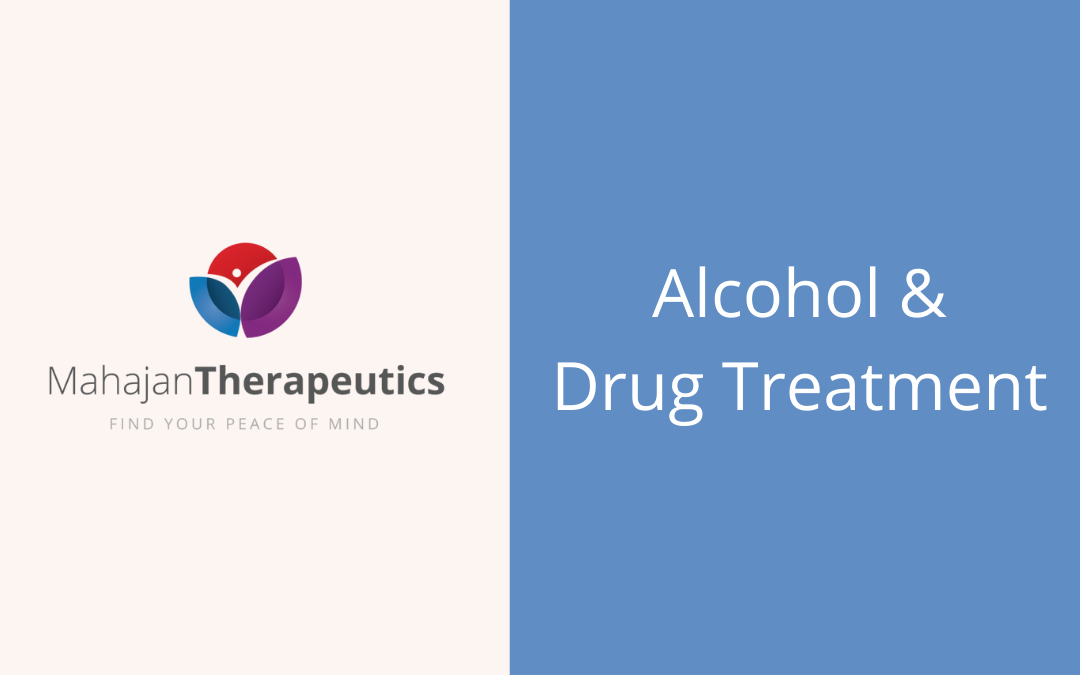September is Recovery Month, a time to celebrate the millions of transformations that take place annually through recovery – and all the supportive people who help make that possible.
If you have a loved one in recovery, you may be feeling pressure around supporting them. There’s no manual describing exactly how to respond to all the challenges you’ll face together. But by employing methods like open listening, self-reflection, and boundary setting, you can help a loved one succeed and learn a few things about yourself along the way.
Here are 5 tips to support a loved one in recovery.
- Put Substances Away
Store substances out of sight, and avoid using them in the presence of someone in recovery. If you live together, create a separate space for substances. For instance, keep beer in a mini fridge in your office instead of the kitchen. It might seem inconvenient, but reducing moments of temptation makes a massive difference for somebody in recovery, especially in the beginning.As their sober days increase, people often become more relaxed around others using substances again. However, know that the exhaustion they feel battling tempting thoughts can be hard to admit even to themselves. Be mindful of your intake. Consider consuming alcohol in a coffee cup rather than a frosty mug so it’s less of an enticement. Refrain from reminiscing about partying with your loved one, and no matter how tempting, do not ask them to be your designated driver. You shouldn’t put them in a position to be stuck around inebriated people. These are small sacrifices in relation to supporting their success.
Lastly, if you have a problem abstaining in order to spend time together, then it may be time to explore your own relationship with substance use.
- Plan Sober Fun
People in recovery can fall into a dangerous struggle with thoughts that there’s nothing to do without the substances they used to abuse to get through the day. You’re in a unique position to help them experience the fullness of life without substances. In addition, being substance-free creates new free time. It’s extremely important that they fill that time with healthy activities, which is a great excuse for you to try something new as well.Take pottery or cooking classes. Schedule one day a week to play tourist in your city. Grab a catalog from the local community college and sign up to learn a language together. Help plan hiking, biking, or kayaking excursions. Enroll in a meditation workshop. Connect with volunteer organizations; helping others is one of the best ways to help ourselves.
- Listen, Openly
If your loved one is excited about a new hobby, listen to them talk about it. Whether or not it’s of interest to you, your listening ear means the world to somebody finding fresh joy in a sober activity.Open listening is listening without judgment or trying to fix something. People in recovery are often faced with feelings they haven’t felt before, and it’s important they feel heard and validated when they finally learn to express them. If a loved one confides in you about stress, disappointment, fear, or difficulty as they navigate recovery, keep your ears open and mouth closed. Understand that you don’t have to fix or judge anything when someone confides in you (though it’s still good to suggest seeking the necessary help if you’re concerned for someone’s safety). The real healing lies in being heard.
Ideal responses in an open-listening exchange start with, “What if…,” and “Tell me more about…,” rather than, “You should…”
- Own Your Role
It’s common to take on unhealthy habits to cope with a loved one in crisis. Take an honest look at how you interact with your loved one’s addiction and how it might unintentionally hinder healing. Are you unfairly triggered by and reactive to certain behaviors? Have you provided money to buy substances or encouraged them to take substances to avoid conflict? Do you frequently sink into guilt around their choices rather than honoring the sanctity of your own mental health?It isn’t our fault when people close to us choose unhealthy behavior, but it is common to form parallel habits that play into the cycle of their addiction. Therapy and resources like Al-Anon help you replace blame and shame with healing and progress.
Another benefit of attending groups or therapy is to educate yourself about addiction. It’s amazing how helpful it is to gain a deeper understanding of what your loved one is going through.
- Set Fresh Boundaries
Sometimes support means saying no. For example, it’s okay to say no to handing someone cash if you’re worried they’ll be tempted to spend it unwisely. You can still finance positive change by writing a check to a specific entity, such as a college bookstore or gym, or accompanying them to convey payment in person. If you’ve offered to provide transportation, set timeframes around when you’re available and how much heads-up you need. It takes strength to find and enforce your boundaries, and it’s okay to reach out for help to do it. The hard work you do to establish new patterns in your relationship will pay off.
Professionals at Mahajan Therapeutics are here to help you and your loved ones navigate the complexities of recovery. Contact us today.





Recent Comments